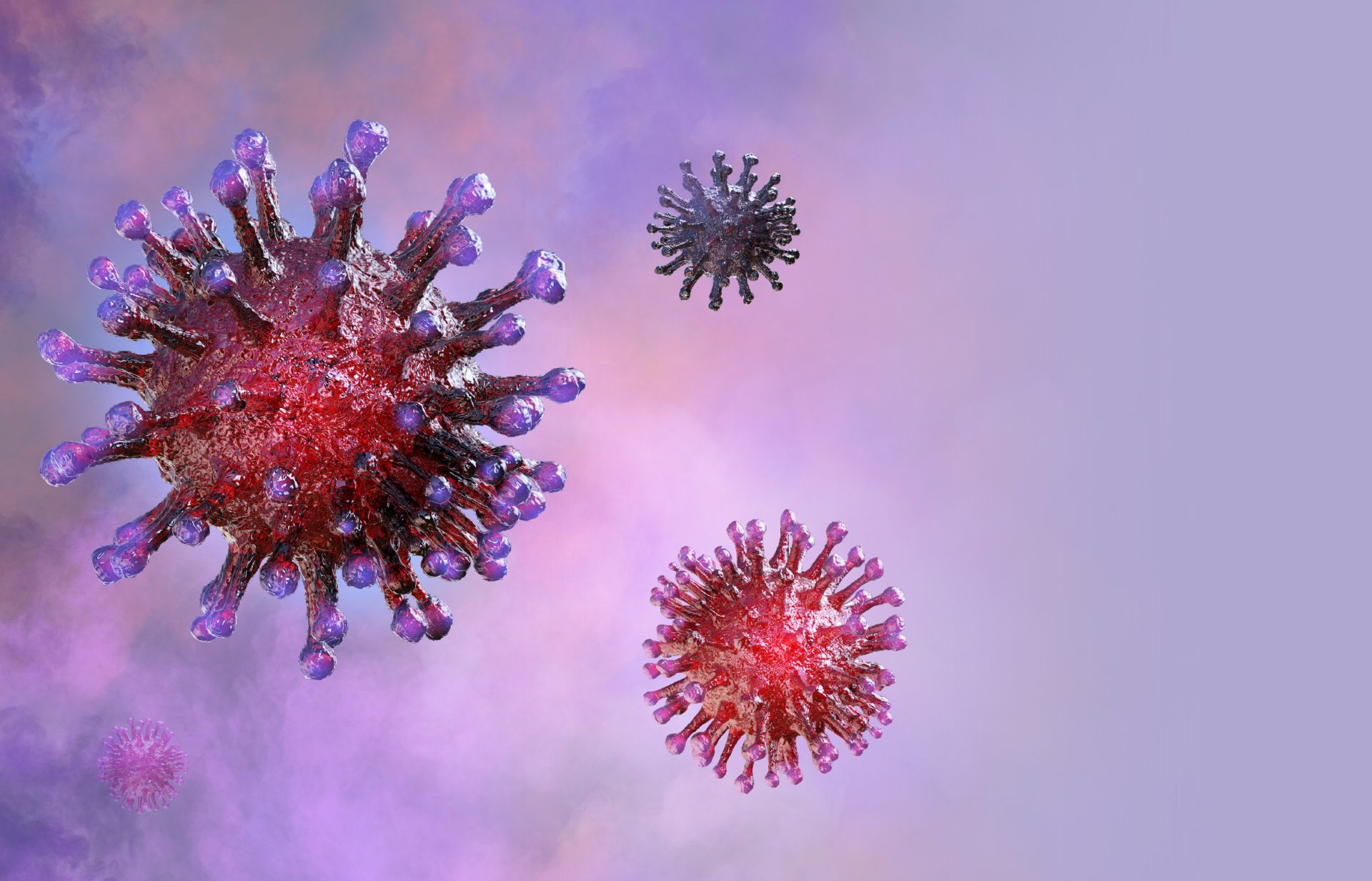

NMR Metabolomics Profiling on Early Detection of COVID-19 Severity*
NMR Metabolomics Profiling on Early Detection of COVID-19 Severity*
Although SARS-CoV-2, the virus that causes Coronavirus disease 2019 (COVID-19), is primarily a respiratory virus, the disease affects organs throughout the body. In addition to lung damage and respiratory distress, COVID-19 patients also display signs of neurologic, renal, hepatic, and vascular damage.
Research has illustrated distinct metabolic profiles for patients with COVID-19 compared with healthy controls, indicating disrupted metabolism and dyslipidemia, and these have also been correlated to disease severity. This raises the possibility of using metabolomics to identify COVID-19 patients most at risk of developing severe disease. However, most of this research has only compared COVID-19 patients to healthy controls making it unclear whether the associations are specific to COVID-19 or simply general markers for critical illness.
Researchers from the University of Lübeck in Germany explored the specificity of metabolic profiles in intensive care unit (ICU)-treated patients with COVID-19 by comparing them with those of patients from the same ICU treated for cardiogenic shock.
Near-perfect separation
The researchers analyzed the metabolic and lipoprotein profiles of five ICU-treated COVID-19 patients and 11 cardiogenic shock patients who tested negative for SARS-CoV-2, as well as 58 healthy controls. In total 276 serum samples were analyzed using a Bruker Avance IVDr platform* (Bruker Avance III HD 600 spectrometer equipped with a TXI probe) Initial untargeted NMR metabolomics and lipidomics showed distinct profiles not only between COVID-19 patients and healthy controls but also with cardiogenic shock patients. Using targeted analysis, the researchers were able to quantify metabolites and lipoproteins from the NMR spectra and identify clusters of metabolites that provided the greatest discrimination. These analyses showed near-perfect separation between COVID-19 patients and both healthy controls and cardiogenic shock patients.
To provide a closer examination of COVID 19’s metabolic effects, the researchers performed pairwise analyses of metabolites and lipoproteins. The results show a number of consistent changes associated with disturbed energy status, hepatic damage, and dyslipidemia.
A Distinct Profile from Other Severely Ill Patients
Some key features identified were a low glutamine/glutamate ratio, which is caused by increased glutamine consumption in a catabolic disease state. This typical feature of severe infectious disease was associated with COVID-19 but not with cardiogenic shock.
Phenylalanine was another parameter specifically increased in COVID-19 patients. This amino acid is usually metabolized in the liver, and its elevated levels indicate impaired liver function.
Several markers indicated a severely disrupted energy metabolism and metabolic suppression, including elevated glucose levels, and reduced histidine, methionine, and lactic acid. However, these changes were only distinct compared with healthy controls and not cardiogenic shock patients, suggesting they may not be specific for COVID-19 but related to disturbed energy status in critically ill patients more generally.
In accordance with previous studies, the researchers also found that COVID-19 patients had severely disturbed lipoprotein profiles, indicating an elevated cardiovascular risk. Much of this profile was distinct from cardiogenic shock patients. In particular, COVID-19 patients showed increased levels of very-low-density lipoproteins (VLDL), smaller-sized VLDL fractions, and intermediate-density lipoproteins which are known to be more atherogenic than larger LDL particles; and therefore, a risk factor for cardiovascular disease and cardiac injury. COVID-19 patients also showed elevated triglyceride levels compared with both healthy controls and cardiogenic shock patients.
A Surprising Correlation
The study also investigated the metabolic changes that persisted after asymptomatic infection or mild disease. For that, 34 serum samples from 18 people with coronavirus antibodies were analyzed and compared with samples from age- and sex-matched controls without anti-coronavirus antibodies. Both groups tested negative for acute coronavirus infection before blood sampling.
PCA showed that metabolite and lipoprotein profiles were non-distinct between the two groups, with very poor separation, indicating no significant differences in the overall serum profiles. The researchers say this points toward the normalization of metabolic profiles after recovery from COVID-19 infection.
However, in samples from individuals with prior mild infection, correlations between antibody titers and markers for metabolic health were found. For example, antibody titers showed an inverse correlation with cardiovascular risk markers, including small-sized LDL-6 particles, cholesterol, and phospholipids. Additionally, a positive correlation with the amino acid glycine, which is a marker for metabolic health, was observed. The researchers note that they cannot determine cause and effect from the available data, but individuals with a healthy metabolic state may be more likely to have an effective immune response to the virus, leading to higher antibody titers after infection.
Overall, the researchers say their findings illustrate the highly disrupted metabolic profile of severely ill COVID-19 patients, including indications of a catabolic state, hepatic damage, and severe dyslipidemia. This information indicates that NMR metabolic profiling could be further used to identify and stratify patients to predict the severity of COVID-19.
*Bruker NMR Instruments are for Research Use Only. Not for use in clinical diagnostic procedures.
Reference
Schmelter F, Foeh B, Mallagaray A et al. (2021) Metabolic markers distinguish COVID-19 from other intensive care patients and show potential to stratify for disease risk. medRxiv preprint. doi: https://doi.org/10.1101/2021.01.13.21249645.